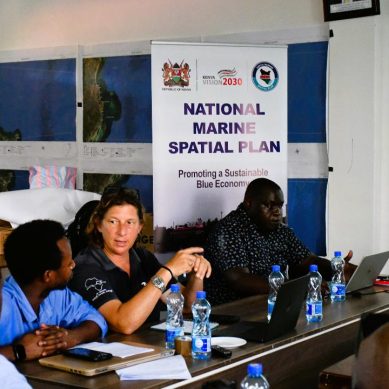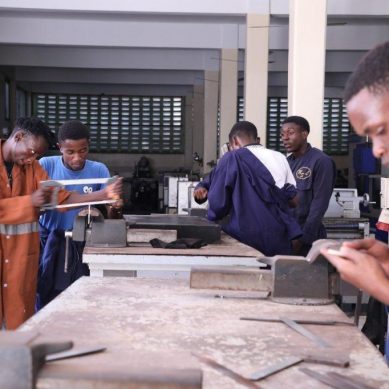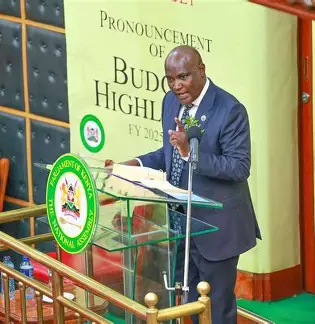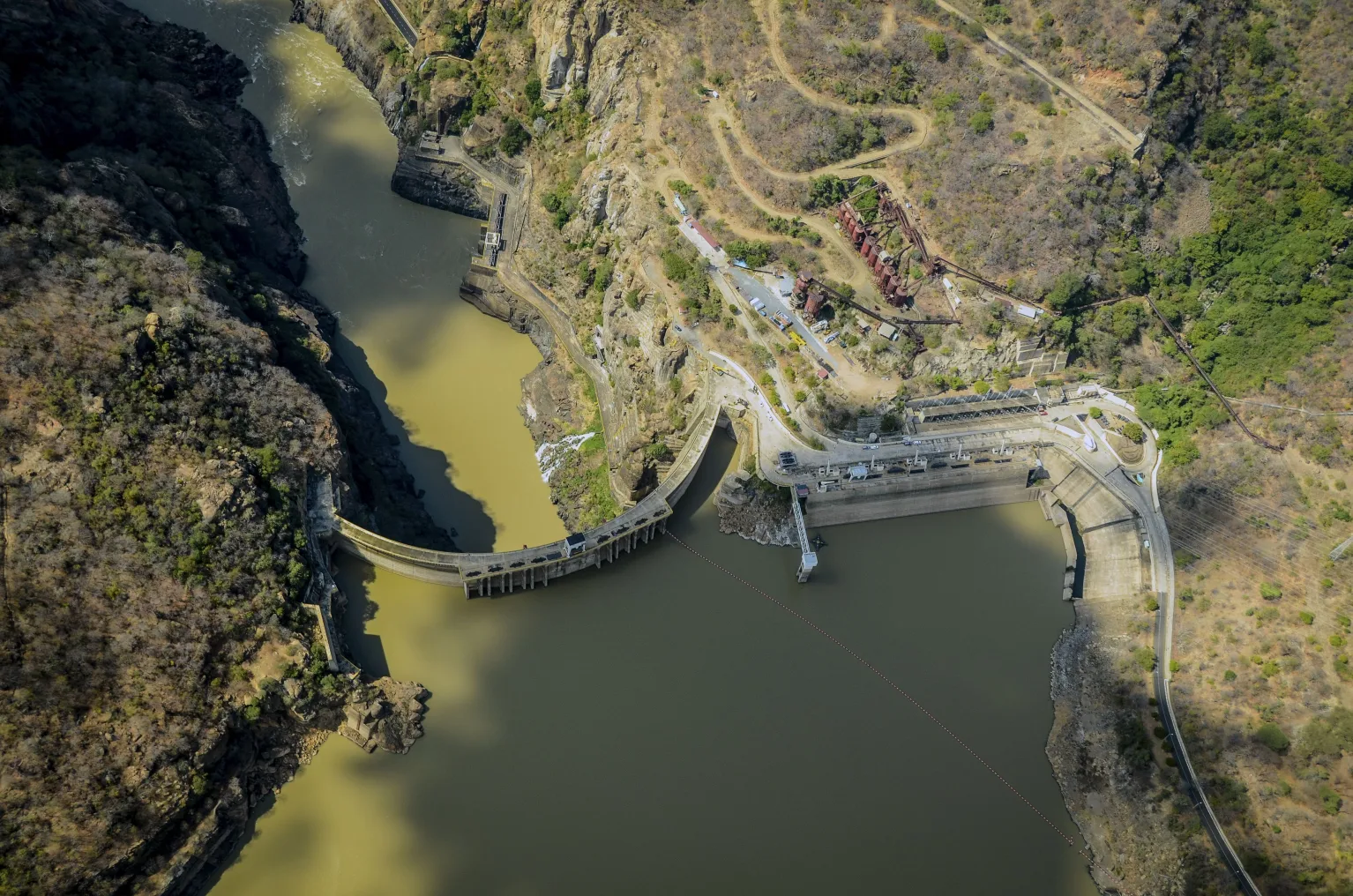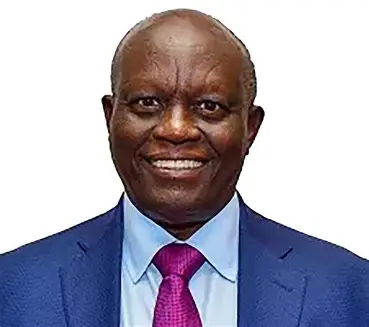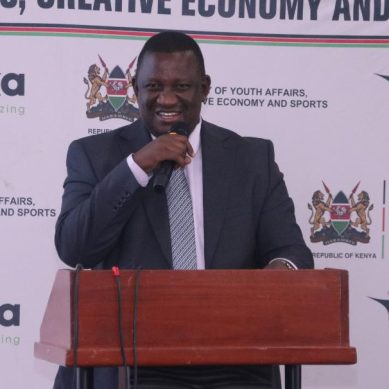Activists accuse IMF of propping Kenya’s ‘borrowing and spending decisions used to sustain political patronage’
They urged the IMF and the World Bank to incorporate demands for better governance in Kenya, not just focus on economic targets, in their assistance programmes.
Blue economy: Kenya collects views from communities along Indian Ocean coast for Marine Spatial Plan development
Dr Jackeline Uku explained that the process will bring together county governments and users of marine resources, to agree on how specific spaces are allocated, helping to minimise potential conflicts between competing activities.
The Africa We Want: World Bank to hold jobs policy meeting in Nairobi to discuss Africa’s skills gap
With global megatrends such as digitalisation, artificial intelligence, green skills and climate change reshaping the future of work, the academy will underscore the urgency of demand-driven, inclusive and high-quality skills systems that can support upskilling, reskilling and lifelong learning for diverse groups, including youth, women in both formal and informal sectors.
Kenya mulls $1 billion ‘debt-for-food’ swap to ease its burgeoning foreign debt portfolio
Kenya, which is East Africa’s biggest economy, had a total public debt equivalent to 67.8 per cent of its gross domestic product at the end of June this year, the Finance Ministry said in the document called an annual borrowing plan.
Mozambique building southern Africa’s biggest electricity project in 50 that will cost $6 billion
Located 60 kilometres (37 miles) downstream from the even larger Cahora Bassa hydroelectric dam along the Zambezi River, the Mphanda Nkuwa plant is expected to generate 1,500 megawatts when it begins operations in 2031. That will help a region facing a 10,000-megawatt deficit that keeps millions from accessing power.
Rattled by violent unemployed youth protests, Kenya moots NYOTA programme to pre-empt restiveness
Cabinet Secretary Salim Mvurya also announced that NYOTA will be fully rolled out during the International Youth Week in August, noting that by then, many applicants will have been certified to begin receiving support. Fikirini echoed the cabinet secretary’s sentiments and urged youth to make use of the available opportunities.
Dire straits: Broke Kenya says it is partnering with private sector eliminate systemic corruption
Currently, there are 20 sectors under KLIF that comprise Kenyan citizens representing watchdog agencies, media, civil society, private sector, faith, professional bodies, regional and sub-regional bodies, development partners, executive, legislature, judiciary, transport, education, labour, county government, anti-corruption agencies, constitutional commissions, regulatory boards, financial services and enforcement.
Former president who ‘allowed the poorest of Zambians to get close to the corridors of power’ dies
Edgar Lungu suffered from a rare disorder that caused a narrowing of the food pipe, for which he had been treated in South Africa before. Shortly after he took office in 2015 he fell ill and underwent a procedure in South Africa, which the presidency said at the time was not available in Zambia.
Humanitarian aid trap: Somali official calls for state control over aid funds as ‘aid community actors are only accountable to themselves’
Budget support is justified, Ainte said, because the government is responsible for what happens in Somalia, even if the conflict means it does not control all of the country’s territory. Ainte did not specify which institutions might work with the government to programme any redirected money, though he mentioned it could be done by UN agencies.





